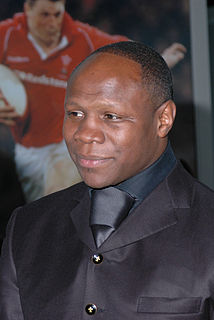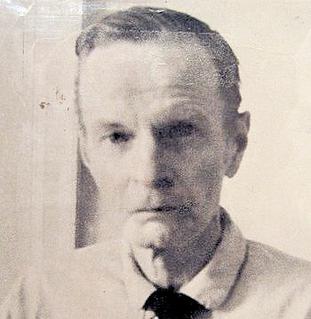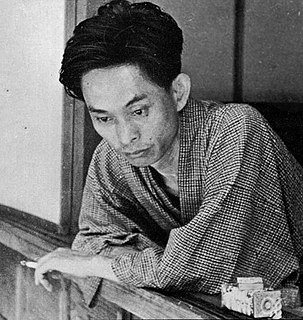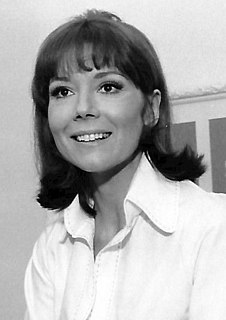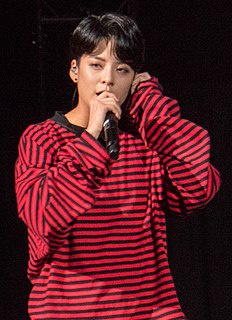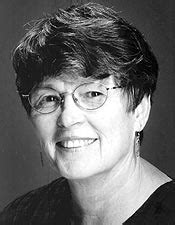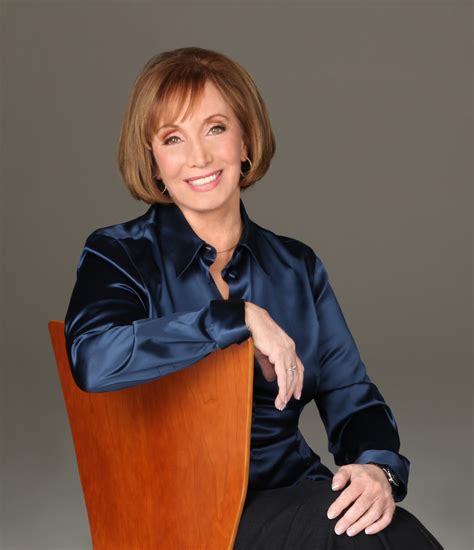A Quote by George W. Bush
The woman who knew that I had dyslexia - I never interviewed her.
Related Quotes
When we were making 'Toy Story,' my grandmother was very ill, and she knew she was not going to make it. I went back to visit her, and there was a moment during that visit that I had to say goodbye, and I knew I'd never be seeing her again. I looked at her and knew that I was looking at her for the last time.
Beside her, her husband could only splutter, and he stopped even that when she half turned to flash him a smile - the instinctive, brilliant smile of a woman who knows what feeble creatures men can be. You couldn't learn to smile like that. It was something a woman either knew the minute she was born, or never knew at all. ("I'm Dangerous Tonight")
The woman was silent, her eyes on the floor. Shimamura had come to a point where he knew he was only parading his masculine shamelessness, and yet it seemed likely enough that the woman was familiar with the failing and need not be shocked by it. He looked at her. Perhaps it was the rich lashes of the downcast eyes that made her face seem warm and sensuous. She shook her head very slightly, and again a faint blush spread over her face.
It's funny, most people can be around someone and they gradually begin to love them and never know exactly when it happened; but Ruth knew the very second it happened to her. When Idgie had grinned at her and tried to hand her that jar of honey, all these feelings that she had been trying to hold back came flooding through her, and it was at that second in time that she knew she loved Idgie with all her heart.
I saw what I had been fighting for: It was for me, a scared child, who had run away a long time ago to what I had imagined was a safer place. And hiding in this place, behind my invisible barriers, I knew what lay on the other side: Her side attacks. Her secret weapons. Her uncanny ability to find my weakest spots. But in the brief instant that I had peered over the barriers I could finally see what was finally there: an old woman, a wok for her armor, a knitting needle for her sword, getting a little crabby as she waited patiently for her daughter to invite her in.
I never heard weeping like that before or after; not from a child, nor a man wounded in the palm, nor a tortured man, nor a girl dragged off to slavery from a taken city. If you heard the woman you most hate in the world weep so, you would go to comfort her. You would fight your way through fire and spears to reach her. And I knew who wept, and what had been done to her, and who had done it.
The extraordinary woman depends on the ordinary woman. It is only when we know what were the conditions of the average woman's life - the number of children, whether she had money of her own, if she had a room to herself, whether she had help bringing up her family, if she had servants, whether part of the housework was her task - it is only when we can measure the way of life and experience made possible to the ordinary woman that we can account for the success or failure of the extraordinary woman as a writer.
She couldn't believe what she did then. Before she could stop herself, she leaned up on tiptoes, put her arms around his neck, and kissed him on the mouth. Her lips brushed over his for the barest of seconds, but it was still a kiss, and when she came to her senses and dared to pull away and look at him, he had the most curious expression on his face. Brodick knew she regretted her sponatenity, but as he stared into her brilliant green eyes, he also knew, with a certainty that shook him to the core, that his life had just been irrevocably changed by this mere slip of a woman.
Hats change everything. September knew this with all her being, deep in the place where she knew her own name, and that her mother would still love her even though she hadn’t waved goodbye. For one day her father had put on a hat with golden things on it and suddenly he hadn’t been her father anymore, he had been a soldier, and he had left. Hats have power. Hats can change you into someone else.
Some attribute had departed from her, the permanence of which had been essential to keep her a woman. Such is frequently the fate, and such the stern development, of the feminine character and person, when the woman has encountered, and lived through, an experience of peculiar severity. If she be all tenderness, she will die. If she survive, the tenderness will either be crushed out of her, or—and the outward semblance is the same—crushed so deeply into her heart that it can never show itself more.

